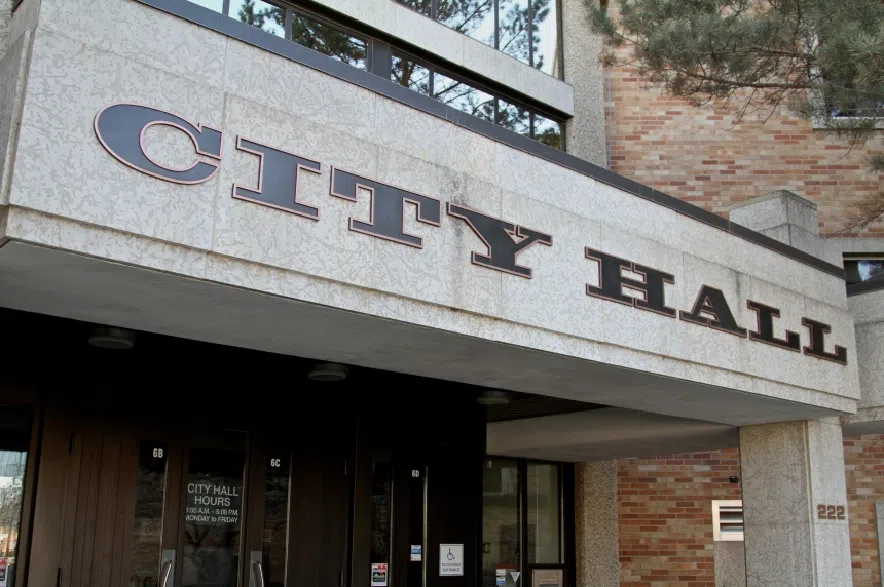Saskatoon’s city council is heading into three days of budget deliberations with property tax increases sitting at a preliminary 7.22 per cent for next year and 5.58 per cent for 2025.
During a budget status update in early June, Clae Hack, the city’s chief financial officer, said a significant funding gap was identified for 2024, pegged at $52.4 million. Another gap in 2025 was estimated at $23.2 million, for a two-year total of $75.6 million.
The gap was not a deficit per se, but it represented the projected future costs required for the city to deliver civic services at current service levels.
If left unmitigated, Hack said property taxpayers would be left with an 18.56-per-cent tax increase for 2024, and a 6.95-per-cent hike in 2025.
Since June, that gap has been brought down at special budget meetings by about $35 million, to $40.6 million.
During the first special meeting on June 22, Mayor Charlie Clark called it a “challenging situation” for council.
“For the public, there’s some people who are anxious and concerned, and want to know that council recognizes that people are facing some real challenges and that we are gonna do everything we can to not bring in a huge tax increase,” the mayor said.
Clark said the City of Saskatoon is starting from a solid financial foundation, with an AAA credit rating from American credit rating giant, S&P Global Ratings as of the start of 2023.
“Their statement was that the City of Saskatoon’s strong and prudent financial management is a key credit strength, and that the city’s management team is experienced and qualified to effectively enact fiscal policies and respond to external risks,” said Clark.
He added that Saskatoon was one of just six cities with a population over 200,000 that had an AAA credit rating.
At subsequent special budget meetings, Keith Moen, executive director of the North Saskatoon Business Association, had some pointed words for Clark and council.
“The reality is, given the state of the city’s financial affairs, you’ve made this a topic of conversation at unique places. Not only at the water cooler, but among parents at children’s birthday parties, and at campfires around Saskatchewan,” he said.
Moen suggested seven ways to potentially address the significant funding gap, including an external HR audit with the goal of reducing staffing at city hall by 10 percent, or about 400 jobs in areas like communications, labour relations, environmental sustainability, human resources, and planning and development.
Other suggestions included discontinuing programs that higher levels of government should be funding – including some of the city’s social programs – and even potentially selling off some city property.
Jason Aebig, CEO of the Greater Saskatoon Chamber of Commerce, said council will have to look at the “expense side of the ledger and start to make some very, very difficult decisions.”
According to preliminary documents, the city’s 2024 operating budget stands at $628.5 million, a 6.06-per-cent increase from 2023. The 2025 operating budget now stands at $657 million. Both budgets exclude Saskatoon Public Library and utilities costs.
The preliminary 2024/2025 capital budget is $785.1 million.
The Saskatoon Police Service is hoping for a budget increase of $7.6 million in 2024 and $6.8 million in 2025 for more officers, uniforms, and vehicles, along with an additional request for an extra $200,000 for five alternative response officers.
Citing the need for more employees, the Saskatoon Public Library is looking for a 3.49-per-cent increase to its budget next year, and a similar increase in 2025.
According to a statement from the City of Saskatoon, council will “seek to find the proper balance between delivering core service levels residents and businesses expect for taxpayer dollars, maintaining affordability, and ensuring long-term financial sustainability when making its final investment decisions.”
Budget deliberations are set to begin on Tuesday and wrap up on Thursday.







